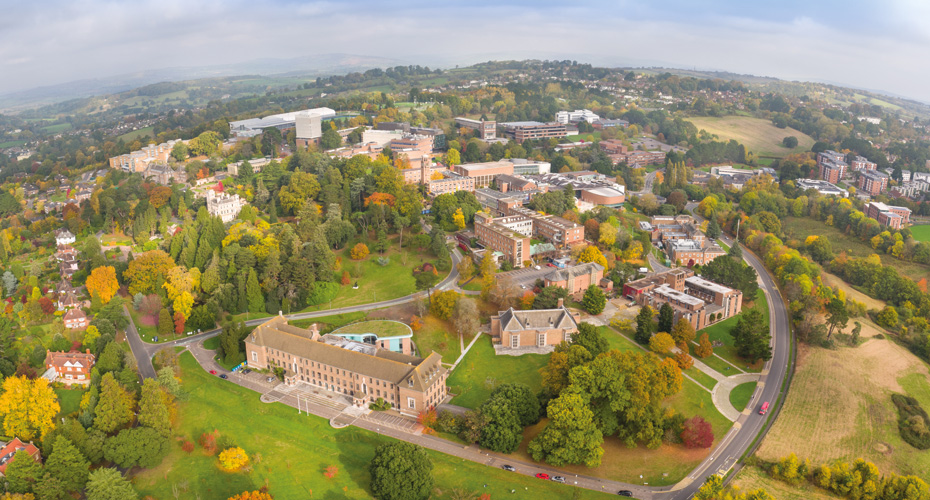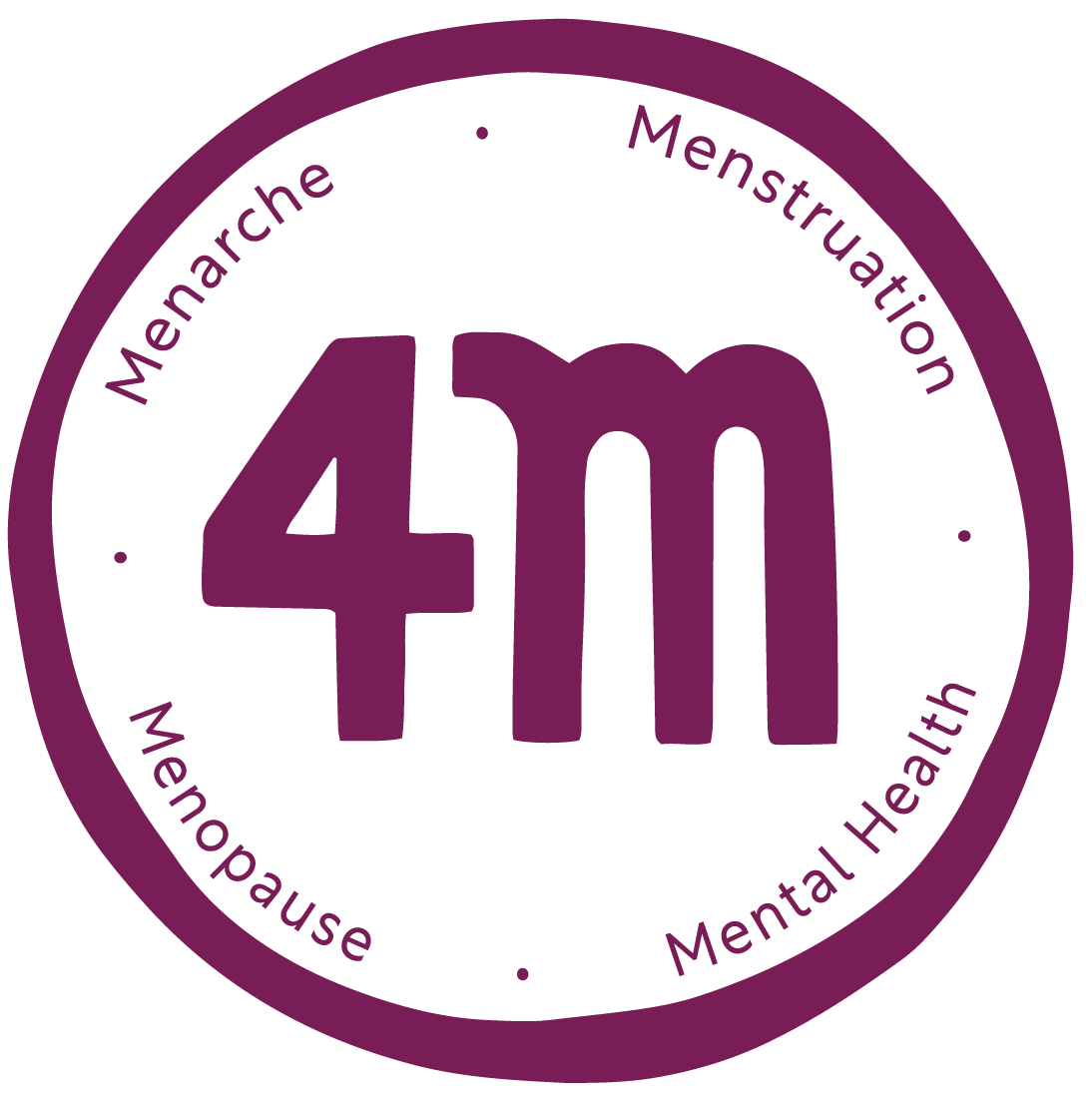
Venues
Conference
The 4M Conference will be taking place in the Peter Chalk Centre, on the University of Exeter Streatham Campus. Panels and Talks will be in Newman Blue Lecture Theatre, and Poster presentations will be in Peter Chalk Centre Room 2.1.
Lunch and refreshments will be in the Peter Chalk Foyer.
Evening Event
On the evening of Thursday 20th June (starting around 18:00), we are hosting a social event in the Reed Hall Woodbridge Suite and the lawns outside. Reed Hall is a short walk from the Peter Chalk centre where the conference is taking place.
The event will include:
- A BBQ (with vegan/veggie/gf options)
- Stand-up comedy from Amy Mason
- An exhibition of artwork produced as part of a 4M public engagement project
- A craft stall
- A cash bar
- A silent disco
Accessibility
Please click below to see a pdf describing the venues, how they can be accessed, and what facilities are available.
Instructions for presenters
Oral presentations
Timing, format, and where to send your slides
All oral presentations (except for keynotes) are 7 minutes long, plus an additional 2 minutes for questions from the audience. To respect the audience and other presenters, please ensure that your presentation does not exceed 7 minutes. If you go over time, the chair may ask you to stop. Please prepare your slides using the ‘widescreen’ (16:9) slide size. We would prefer if you used Powerpoint, but if that’s not possible, you could use different software and send to us either as a pptx/ppt file or a pdf. Please name your file as ORAL_SURNAME_FIRSTNAME. Please email your slides to 4mconference@gmail.com by the 17th of June 2024 so that we have time to collate them for your session.
Tips on creating short presentations for a multidisciplinary audience
- Resist the urge to try to cram in as much information as possible.
- Instead, focus on what you want the audience to take away from your talk. Focus on the message rather than the nitty gritty detail. The talk should whet people’s appetite to come and speak to you later if they want more information.
- Keep the number of slides to a minimum to help you stick to time. You may want to stick to a general rule of one slide per minute (so 7 slides).
- Keep language simple. Explain any technical terms and don’t assume everyone in the audience has the same knowledge about the subject.
Optional poster
If you would like to supplement your oral presentation with a poster, you are welcome to bring one. We will reserve some poster boards in each poster session for posters from oral/panel presenters. We would prefer smaller posters (e.g. ~A3) so that we can fit more onto a board. However, if you already have a printed poster that you’d prefer to bring, you can do so. If you need more specific guidance on poster preparation, see the instructions to poster presenters below. Please note there is no requirement to bring a poster if you are an oral/panel presenter.
Panellists in panel discussions
The panel discussions will take the form of a short introduction from each panellist, followed by a facilitated discussion.
Introductory presentation
Each panellist will have two minutes to introduce themselves and one or two key messages. For example, you may want to structure your introduction as follows:
- Short introduction to yourself: My name is XXX and I represent XXX
- Key message 1: At XXX, our mission is to XXX / My research has shown XXX
- Key message 2 (perhaps more tailored to the theme of the panel discussion): We often wish there was more research on XXX / We think our organisation could contribute to research by XXX / Speak to me if you’re interested in XXX
To respect the audience and other presenters, please ensure that your introduction does not exceed 2 minutes. If you go over time, the chair may ask you to stop. You may or may not use slides. If you choose to use slides, please prepare them using the ‘widescreen’ (16:9) slide size. We would prefer if you used Powerpoint, but if that’s not possible, you could use different software and send to us either as a pptx/ppt file or a pdf. Please name your file as PANEL_SURNAME_FIRSTNAME_ORGANISATION. Please email your slides to 4mconference@gmail.com by the 17th of June 2024 so that we have time to collate them for your session.
Discussion
The chair will start by asking a question and inviting all panellists to answer in turn. The chair will share the question with you via email at least a week before the session. It is likely to be very closely aligned with the theme for your panel (e.g. what do you think are the research priorities for menstrual and mental health research?) and is definitely not designed to catch you out! Please keep your answers short (~30 seconds to 1 minute) to allow other panellists time to speak. After the initial question, the chair will invite questions from the audience, which may be directed at one or more panellists, or the whole panel. The chair will facilitate the discussion and help ensure all panellists get a chance to speak to their area of expertise. We are expecting these discussions to be friendly, supportive, inclusive, thought-provoking, and valuable.
Optional poster
If you would like to supplement your oral presentation with a poster, you are welcome to bring one. We will reserve some poster boards in each poster session for posters from oral/panel presenters. We would prefer smaller posters (e.g. ~A3) so that we can fit more onto a board. However, if you already have a printed poster that you’d prefer to bring, you can do so. If you need more specific guidance on poster preparation, see the instructions to poster presenters below. Please note there is no requirement to bring a poster if you are an oral/panel presenter.
Poster presentations
Poster format
We are not prescribing a particular format, so that if you already have a poster printed for a different conference, you can re-use that. However, if you do not have a pre-existing poster and are designing a new one, we think that A1-sized paper in portrait orientation will work best for our poster boards.
If you have never designed an academic poster before, you may find this guide useful: https://www.sciencegraphicdesign.com/blog/how-do-you-make-your-first-scientific-poster. Your organisation/department may also have a template that they prefer you to use.
If you are a stakeholder or other non-academic, then this poster malarkey might seem a bit odd to you. Essentially, you just need to present some information about your organisation and its work visually, so feel free to be creative or ask us if you’re unsure. But know that we’re very unlikely to say that something isn’t allowed!
Please note that we are not able to print your poster for you. You should print it yourself and bring it to the conference.
How the sessions will work
Around three weeks before the conference, you will be told on which day you will be presenting your poster. If you need to present on a particular day, and you have not already let us know, please get in touch as soon as possible so that we can accommodate this. Poster boards will be provided alongside materials to attach your posters to the boards (i.e. sticky velcro pads or pins). Please set up your poster between 9:00 and 9:25 am on the morning of your poster session. Please try to stand near your poster during the lunchtime poster sessions and be prepared to talk to visitors about your work. Of course, you can get your lunch, take breaks, and view the other posters during these sessions too. If you are an early career researcher and want to be considered for the ECR poster prize, please make sure that you speak about your poster to at least one poster judge, who we will highlight to you on the day. The judges will circulate around all ECR posters during the lunch sessions and will try to tick you off their list (so if you are not near your poster when they come by, they will try to come by again). At the end of the day (or the afternoon break time), please collect your poster. At the end of the conference, we will have to dispose of any posters that have not been collected.
How to Get Here
Public Transport
By Bus
The Streatham Campus is served by the UNI route. The UNI bus route includes St Luke’s Campus, the City Centre and Streatham Campus. Download the UNI Bus Timetable (PDF). National Express coaches (08705 808080) call at Exeter Coach Station. The Coach Station is a short walk to the High Street where you can catch the local D bus which will take you to the Streatham Campus.
By Train
Exeter has two main railway stations – Exeter St David’s (main station) and Central. Exeter St David’s Station is approximately 25 minutes walk from the Peter Chalk Centre and taxis are available. The average journey time from London Paddington is 2 hours 30 minutes to Exeter. See Streatham Campus map.
By Taxi
Apple Taxis Exeter (01392 666666) have a dedicated taxi rank on campus. Apple Taxis have offices at both Exeter St David’s rail station and Exeter International Airport.
Walk & Bike
The University is within easy walking distance of Exeter city centre. The city centre map shows the location of the Streatham Campus, plus routes between the campuses and Exeter St David’s and Exeter Central train stations, all within walking distance.
The University is well served with traffic-free cycle routes. You can download the Exeter Cycle map to plan your route from the Travel Devon website. Cycle parking is available at Streatham Campus. Find out more about the provisions for cyclists at the University on here.
By Car
The M4/M5 links Exeter directly to London, the Midlands, South Wales and the North including Scotland. The average journey time from either London or the Midlands is 3.5 hours. Download directions to Streatham Campus by car.
Please note that parking on the Streatham Campus is very limited.
By Plane
Direct flights operate into Exeter from Dublin, Belfast and airports in the United Kingdom.
Bristol airport is the closest major airport and it’s possible to get a Megabus to Exeter.
London Heathrow offers further flight options and is a 2.5 hour train journey to Exeter. The Heathrow Express connects the airport to London Paddington, where a direct train will take you to Exeter.
Accommodation
Exeter is a small city and most accommodation in the city centre will be within easy distance to the University of Exeter Streatham Campus.
The closest suggested accommodation is Holland Hall, which is located on the University Campus.
We have also been provided with a discount code for the Leonardo Hotel, which is about a 20-35 minute walk away, or reachable by bus or taxi. Head to www.leonardohotels.co.uk and search for “Exeter”. When booking, apply the code 4Mexeter into the promotional code box to receive the discounted rate of £95 B&B, which is 15% off the best flexible rate. The discounted rate will apply to sole occupancy bookings on 19th, 20th and 21st June.
Please note that we are unable to arrange accommodation for conference attendees.
days
hours minutes seconds
until
4M Inaugural Conference 2024
